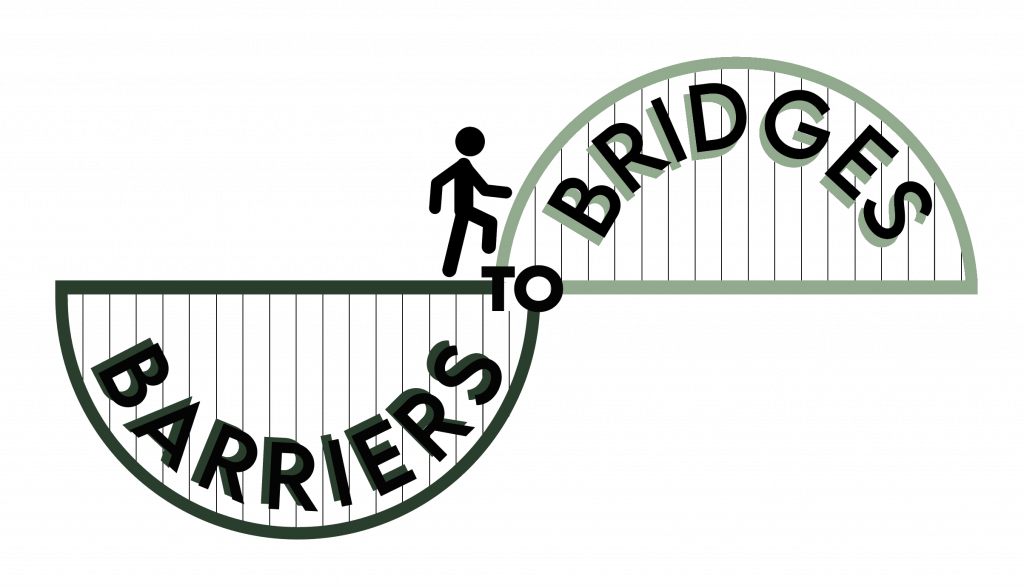by Dawn M. Sanders
In trawling the vault in my brain for original ideas for April’s newsletter article, I thought addressing voter accessibility to candidates standing for councillor in May’s local election would be thought-provoking and at least introduce potential councillors to the notion that, ‘democracy is for everyone and every vote counts. The ‘every vote counts’ mantra in this instance, becomes more than a catch phrase as, sending out a short questionnaire was designed to get them thinking and consider some easy suggestions in line with voters with additional needs. For example, the first question of making their leaflet or pledges available to everyone, I suggested candidates make a short video on you tube with simplified language, so that those with learning difficulties (in a general sense) could easily understand what a candidate was putting on the table. I also suggested they find out who in their constituency might be visually impaired and need information in a different format. I included a link to an organisation for the deaf which had links to sign language interpreters, for candidates to investigate making videos or public meetings access friendly, so there was no extra effort needed on their part, as candidates are busy knocking on doors.
I wanted it to be a cross-party, cross-locality effort to try a gage who or which party made the most effort in considering marginalised voters, yet just finding out who was standing was hard work. An old comrade said nominations would go out on a particular date, so I extended my deadline for writing this diddy, but in trawling council websites, contact details of candidates were sketchy at best to send out the questionnaire. I made some phone calls of candidates I managed to get numbers for and got a mixed response.
A Plaid Cymru councillor said Wales wasn’t holding council elections, but for the Senedd instead (Welsh parliament) so I stopped chasing in that direction. A councillor in Leeds had an indifferent response after my spiel, saying ‘contact the main council number and ask for communications’.
However, early on in reaching out, the 1 respondent from the Scottish National Party (SNP) a Heather Anderson, listed as a South-of-Scotland candidate, was approachable and helpful. She said: “the SNP have ensured that a candidate with a declared disability is top of the list in the South of Scotland. Overall, 4 top places on SNP Lists were reserved for people with disabilities and the other 4 were reserved for candidates from BAME backgrounds. I know that HQ have published materials to attract candidates with disabilities to apply and I have personally been involved in producing a recruitment video for council candidates next year. We used subtitles, signing for one of our deaf councillors and took advice from our convener of BAME backgrounds and convener for members with disabilities, to ensure the material was fully accessible.”
Frustratingly, she acknowledged this all didn’t answer my questions about voters themselves, rather about accessibility from within the party. Not only was she the only one who bothered to contact me, it must be assumed, because I already knew from my time in the Labour party, candidates, don’t think of their potential constituents having access issues – not just materials, but the community they want to represent; let alone those who are marginalised from full participation. My final question wasn’t so much about access, but what would candidates do to ensure people within their patch felt valued and a part of their community – how those on the margins possibly facing isolation, could get involved, but there were no takers.
It’s easy to draw conclusions based on this exercise and hard to be positive. Politics is all around us and I know from experience, it is within reach say, if you want to join a party, they’re happy enough to have you, but to simply participate in the process from a marginalised vantagepoint or with access issues creating barriers to democracy at ground level, exposes inequalities from the outset – I’m not convinced candidates are willing to acknowledge.
But hey, ? to the SNP.
© 2021

Love your magazine.
Very interesting article
Thank you for pushing forward and getting peoples voices heard.